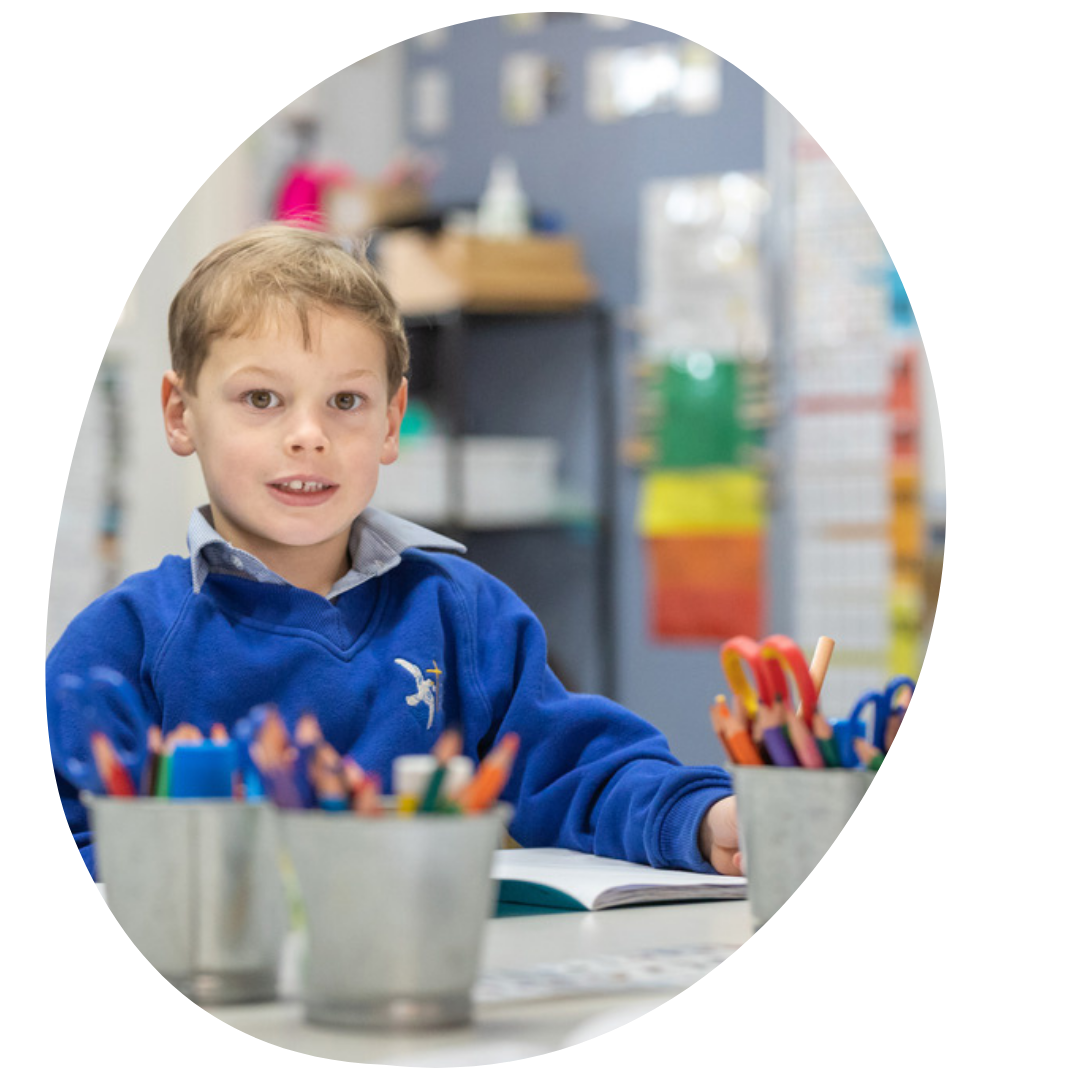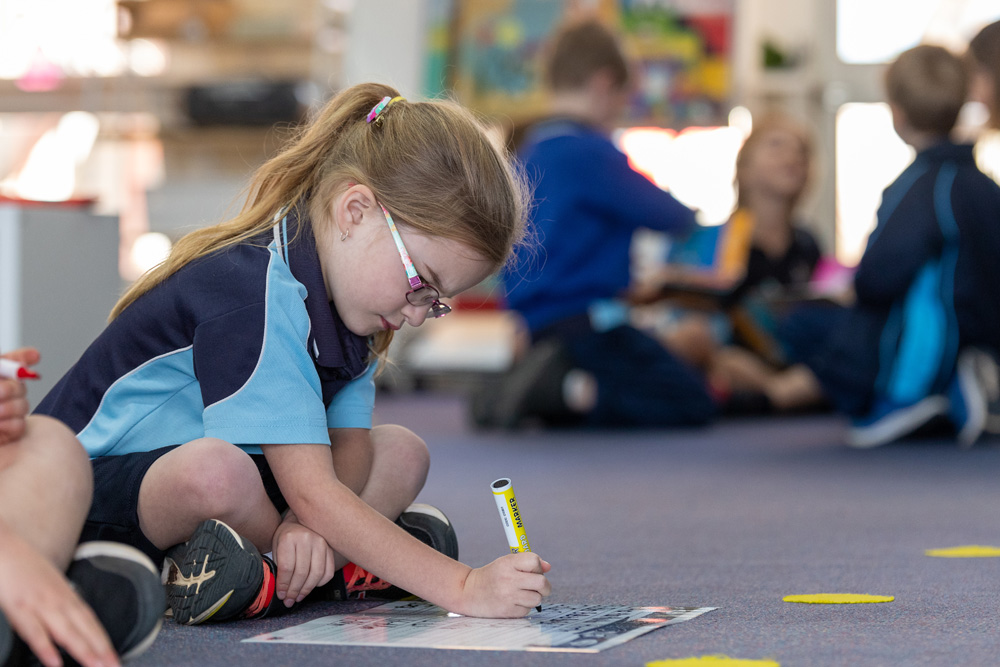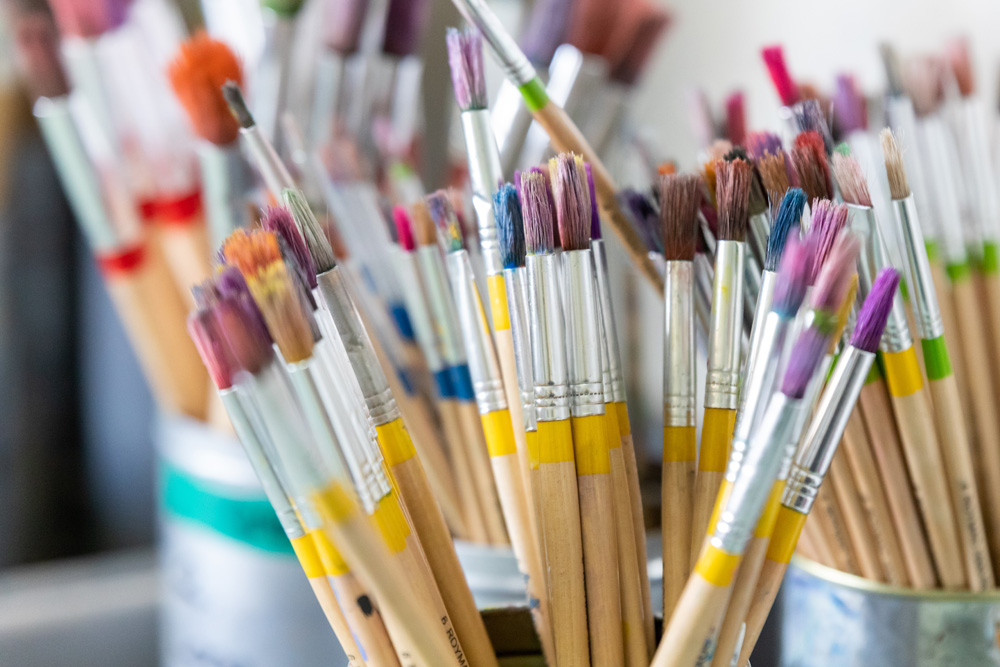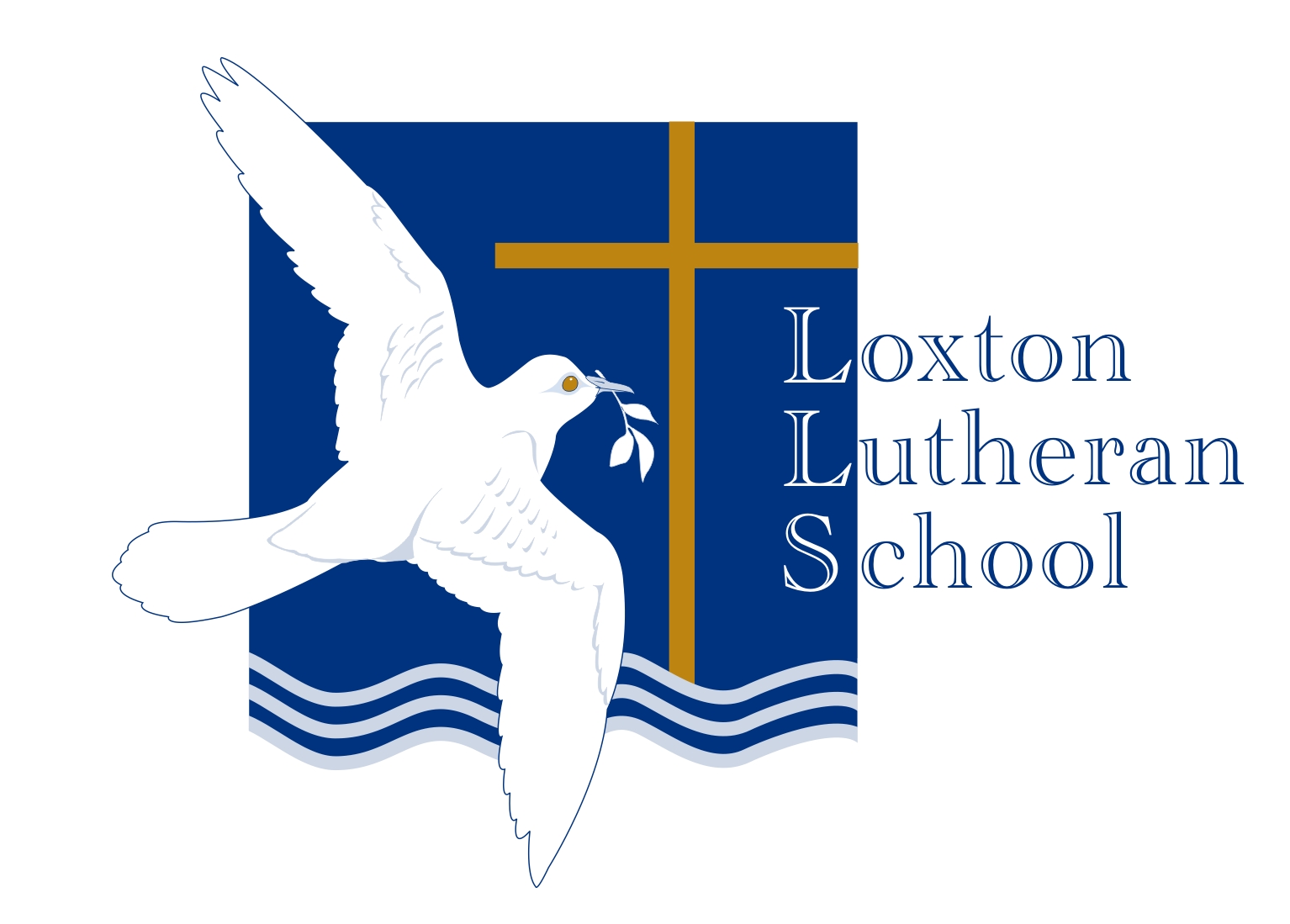Reception Program
We thank you for your interest in our Reception Program and invite you to come in and experience for yourself the wonderful learning opportunities at Loxton Lutheran School.
As the LLS spirit and Christian ethos shines through, you will gain an insight into why Loxton Lutheran School is the Riverland’s school of choice for learning, from the ELC and extending through to the end of primary school. We look forward to showing you though our wonderful school, allowing you to meet our welcoming community.


Inspired Learning Opportunities
Your child will be provided with learning opportunities in nine curriculum areas: English, Mathematics, Christian Studies, The Arts, Auslan, Health and Physical Education, STEM, Geography and History.
We will explore a theme each term which will incorporate various curriculum areas.
The children will receive lessons in the following areas from specialist teachers: STEM, The Arts and Physical Education.
Literacy Approach
Phonological Awareness
In the first 5 weeks of Reception the focus in Literacy lessons is around oral language and how students can meet milestones in recognising rhyme, syllables and phonemes (sounds) at the beginning, middle and end of words. A number of songs, games and activities are shared in order to develop these skills.
Phonics
Over the course of the year, starting in week 6 of term 1, we will study letters (graphemes), concentrating on their sound(s) (phonemes). A variety of activities are completed each week with continual revision during the year. It is important for the children to learn these phonemes and be able to blend them together to read words. They will also segment (pull apart) each phoneme when attempting to write words. When writing, children need to hear sounds (phonemes) in words and then work out what letter (grapheme) to write for each sound. Camera words (high frequency) are also taught in order to read and write basic sentences.
Handwriting
Before letter writing begins, the children need to develop an individual hand preference and muscular coordination of the eye, arm, hand and finger movements.
Home activities to improve your child’s fine motor skills will help with their pencil grip and letter formation at school. These may include:
- Folding and tearing paper
- Cutting paper along the line
- Jigsaw puzzles and games
- Bead threading and following patterns
- Sorting according to shape, size and colour
- Solving a maze
- Following a dotted line
- Building blocks, lego etc.
- Play-dough and clay modeling
- Painting with a brush, sponge and fingers
- Colouring and drawing
- Songs and finger rhymes
Correct letter formation is taught throughout each unit in progressive way. Each day the correct formation is reinforced until it becomes automatic.
Home Reading & Reading Comprehension
In the first 5 weeks of the term, reading at home will involve the children sharing with you the nursery rhymes they have learnt at school that week. They will have a sequencing activity that they bring home each week that will assist you in talking to them about the meaning of the rhyme, the words in the nursery rhyme that rhyme, how the words written down form a sentence and the syllables that make up the words.
After learning nursery rhymes children will learn a sequence of letters (graphemes) that together form words. These words will be included in the readers they bring home. Readers will not be given out to children until after week 5.
Running Records are a test we complete to determine the reading strategies the children are using, their comprehension level and whether they’re ready to choose readers of the next level. Running Records are completed with each child monthly.
During shared reading lessons different reading comprehension strategies are taught and used in everyday reading and sharing of rich picture books.
Writing
Each term students are taught a different form of writing. A certain number of sentence starters are given to support students with the progression of writing. The structure of sentences and the different parts of a sentence are taught in the Morning Routine. By the end of Term 1, Reception students will be confident knowing what a sentence is, how to form one and will attempt to write one.
What To Expect When Starting Reception
A typical day in the Reception classroom
8:30am Before school play
8:45am Morning jobs and Morning Routine starts
9:20am Phonics lesson
9:50am Story, fruit time and fitness
10:00am Reading/Writing lesson
10:30am Literacy Groups including Guided Reading, phonics, handwriting, vocabulary or reading activities
10:55am Lunch
11:35am Mathematics
12:25pm Other Curriculum areas – Science, History, Geography, PE, Health, The Arts, Digital Technology, Auslan or Christian Studies
1:15pm Recess
1:45pm Devotion
1:55 Other Currriculum Areas
3:15 Home Time

Reception Rest Days
Rest days are optional. If you choose to keep your child at home for a rest day it will need to be on a Wednesday.
Other Information
Morning Routine
The school day commences at 8:45am. Students are to arrive promptly to school at this time (or before) to maximise learning time and prepare themselves for the day.
The children are welcome to play outside before school and then make their way inside, when the bell goes, at 8:45am.
The following are details of the tasks we encourage and expect the students to complete in the mornings. Your support to encourage your child to complete these tasks independently is greatly appreciated.
When they arrive at school the children need to put the following items on top of the locker before playing:
- Reader folder
- Water bottle
- Fruit
- Lunchbox
- Lunch order
Once the bell goes the children need to…
- Put their water bottle in the tray
- Put their fruit in the fruit tray
- Put their lunch box in the fridge
- Put their bank book (Tuesdays) in the bank box and put their recess or lunch orders in the lunch order box (Wednesdays and Fridays).
- Bring their blue reader folder inside and put it in the blue tub
- Sit on the mat quietly ready for the lesson to start
Uniform
Students need to wear their sports uniform on Tuesday, Wednesday and Thursday. Formal uniform is worn on Monday and Friday.
Our policy at Loxton Lutheran requires students to wear a hat when the UV rating is above 3
Toys
Unless they are a part of show and tell students are not to bring toys to school. In the past toys have been broken and lost, causing much distress to all involved. An exception to this may be on their birthday, when they can have a special show and tell sharing one of their presents.
Water Bottles & Fruit
Children are required to bring a water bottle to school each day. They are also encouraged to bring some fruit that can be eaten quickly e.g. cut up apple, grapes, banana and strawberries, for fruit time. Fruit is to be named to avoid mix ups.

